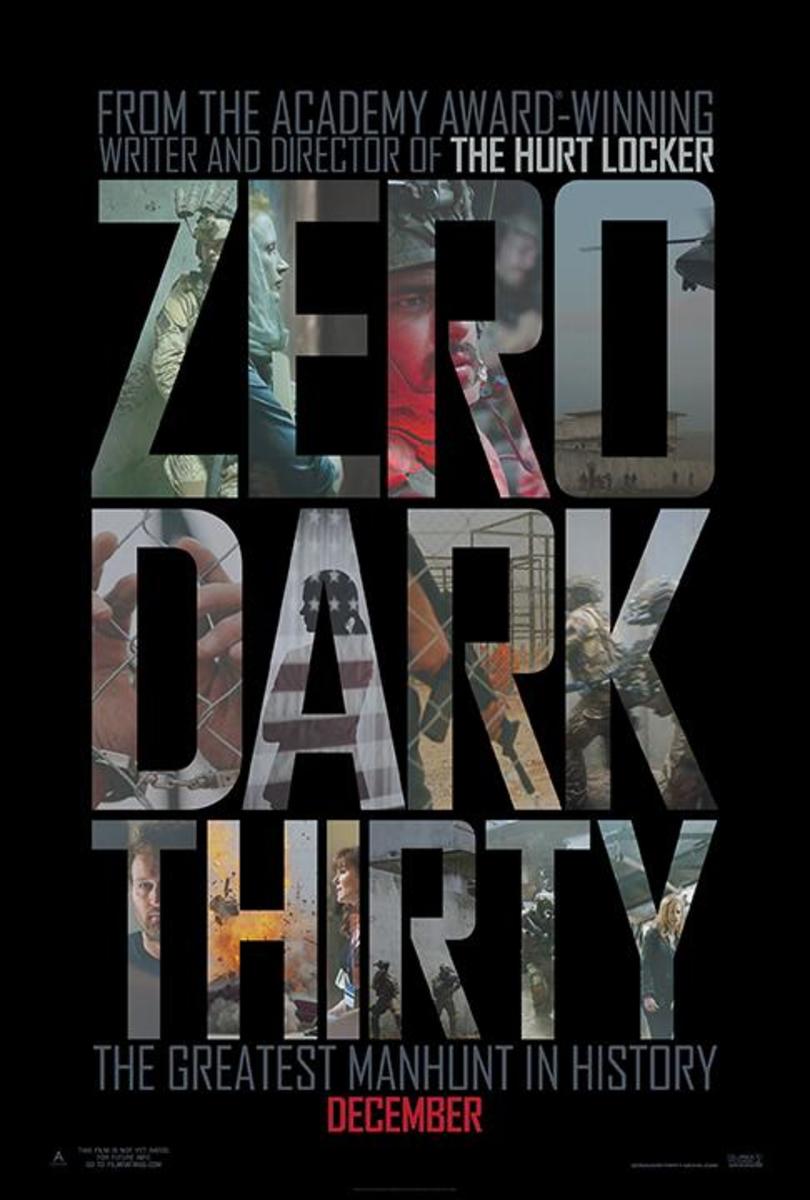
For those not aware, the term “Zero Dark Thirty” is military time for 5:30 a.m. — it’s used as a noun for an unpleasant hour to be awake. This is probably what Osama bin Laden first thought when he woke to the sound of Black Hawks buzzing his house.
The interesting thing about the film Zero Dark Thirty is that it was originally about the Battle of Tora Bora: one of the attempts to kill bin Laden back in 2001. Director Kathryn Bigelow and writer Mark Boal had to essentially start from scratch when the news broke about Osama’s death.
Now, I’m not going to bring my own political views into this review — that would undermine my opinion of the film. One would expect this movie to be unable to dodge the bullet of politics, but surprisingly Zero does the impossible.
Casting politics aside like an old used napkin, Zero Dark Thirty chronicles a small group of CIA operatives conducting a manhunt that spans eight years and several borders. The majority of the film is spent attempting to locate bin Laden’s courier, Abu Ahmed. One of the agents, Maya, becomes obsessively devoted to finding the courier. Abu Ahmed is believed to be the key to finding Osama bin Laden.
During the early parts of the film, the agents try to extract information from detainees through torture. The methods include beating, light deprivation, humiliation, force feeding, and the infamous waterboarding.
The first scene of the film involves the interrogation and torture of a suspected jihadist, Amar, by Dan, the somewhat sadistic agent. The tone of the film seems to neither condone nor condemn these methods of interrogation, mostly because they come with mixed results and ultimately send the agents in circles. Over the course of the film, the characters become desensitized to the torture techniques and don’t really think much of it. They nevertheless protest when the detainee program is shut down.
The narrative focuses on the investigations exclusively from the perspectives of the agents. To some, this may be seen as a somewhat biased and one-sided view, but that’s one of the objectives of the movie — the attention is drawn to the fact that the characters’ perceptions of what’s going on is shaped by their experiences and sense of duty. Specific historical events are included and referenced in the film, such as the bombings of the London metro and the Marriott hotel, the Iraq War, and the election of President Obama. Maya is particularly scarred when her friend and fellow CIA agent, Jessica, is killed in the Camp Chapman attack. This, in turn, creates her personal vendetta to kill Osama bin Laden.
I must give praise to the filmmakers for really doing their research on this subject, and to the writer for creating such a realistic and believable portrayal of the events. The characters are well rounded and each actor gave a solid performance to match the writing.
Though they were not introduced until the last half hour of the movie, the Navy SEAL team provided the most suspenseful, nail-biting scene of the entire film. The SEALs themselves don’t have much personality other than being sociopathic and cold-blooded, always double-tapping bodies. Overall, I found Zero Dark Thirty to be interesting, enjoyable and worth viewing. SPOILER ALERT: bin Laden still dies.







